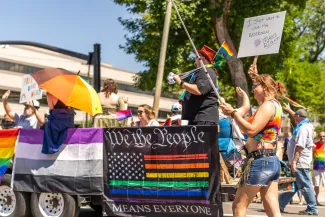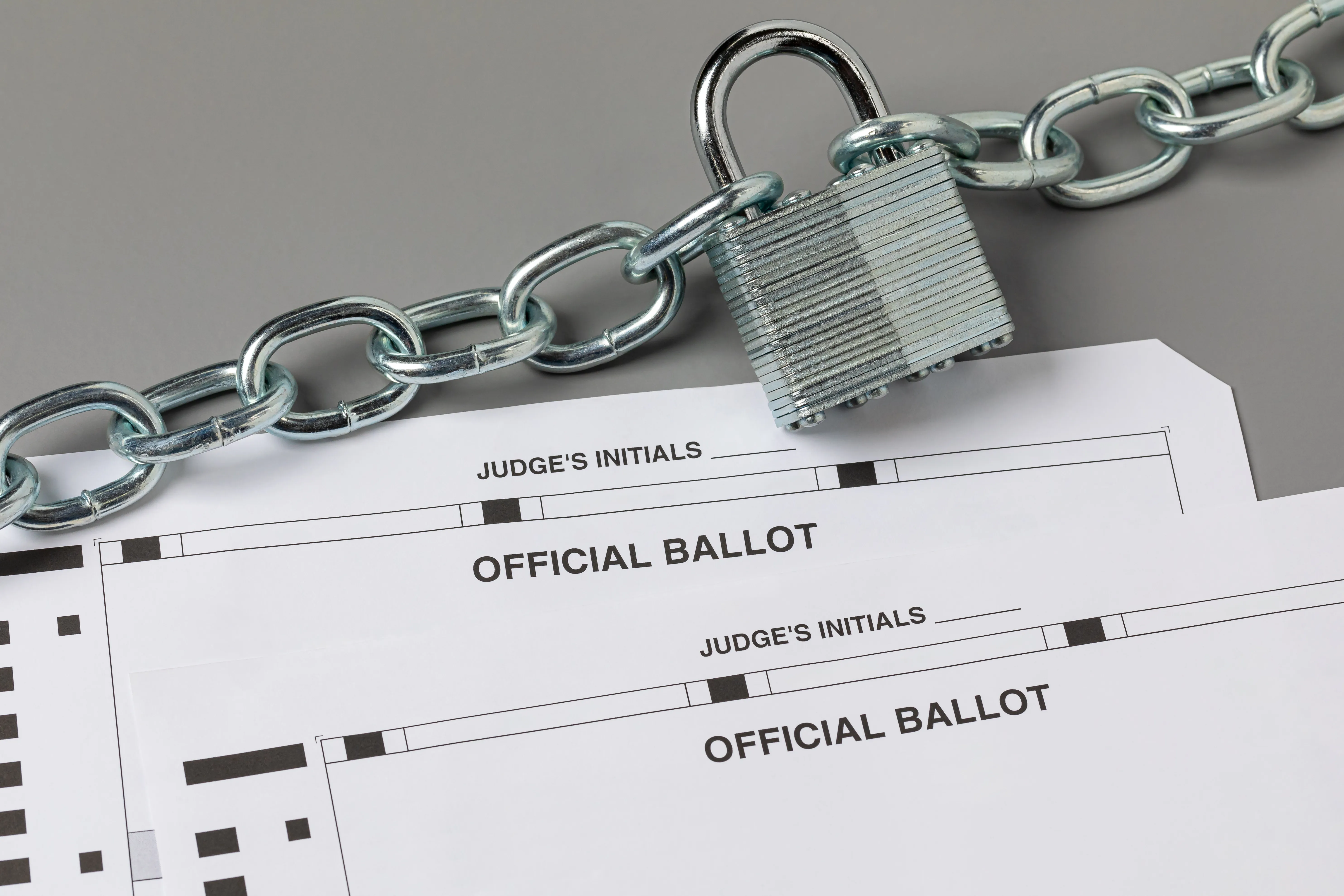
Parent groups sue Colorado officials over transgender rights expansion
A coalition of groups that reject transgender rights sued Colorado officials Monday over a newly signed law that put protections for transgender people, and how they are addressed, into Colorado’s anti-discrimination law.
The lawsuit, filed in the U.S. District Court of Colorado, alleges that House Bill 25-1312 violates the First and 14th Amendments .
“The purpose of H.B. 25-1312 is clear. The law punishes those who refuse to speak using chosen names and pronouns, and it does so in order to suppress traditional beliefs about sex and gender. In other words, the law openly discriminates based on viewpoint,” lawyers for the plaintiffs wrote.
The lawsuit was brought by the Virginia-based conservative group Defending Education, the Colorado Parent Advocacy Network, Protect

© Syd White - Syd White - iStock-1497769322
Kids Colorado, a health group called Do No Harm, and Grand Junction dermatologist Dr. Travis Morrell. CPAN and PKC are both parental-rights groups that advocate against “gender ideology” topics in schools, often from a far-right perspective.
It names Colorado Attorney General Phil Weiser, a Democrat, and the members of Colorado’s Civil Rights Division as defendants.
HB-1312, also known as the Kelly Loving Act after a transgender woman who died in the 2022 Club Q shooting, expands Colorado’s anti-discrimination laws to include a person’s chosen name and pronouns. Those laws apply to workplaces, schools and other places of public accommodation.
The law also includes provisions to make it easier for transgender people to change their name and gender markers on birth certificates, drivers licenses and marriage documents.
It was sponsored by Representative Lorena Garcia of Adams County, Representative Rebekah Stewart of Lakewood, Senator Faith Winter of Broomfield and Senator Chris Kolker of Centennial. It passed with entirely Democratic support, and Governor Jared Polis signed it May 16.
The bill was amended to remove several controversial provisions during the legislative process and faced stiff opposition from Republicans and conservative groups, including the parties in the new lawsuit.
They allege in the filing that the law could impact their ability to hold public advocacy events, publish materials and do other work. CPAN and PKC use “biologically accurate pronouns and birth names” for transgender people, a practice also known as misgendering and deadnaming. The groups worry that continuing to use those names and pronouns will result in an investigation from the state’s civil rights commission and individual lawsuits.
They argue that recent legal decisions — including 303 Creative v. Elenis, where a Colorado website designer did not want to create a hypothetical website for a gay couple — support the claim that HB-1312 unconstitutionally compels speech, in this case forcing them to refer to a transgender person by their name.
The lawsuit repeatedly misgenders and deadnames state Representative Brianna Titone, former state legislative candidate Vivian Smotherman and transgender social media influencer Dylan Mulvaney.
“When CPAN and (Executive Director) Ms. Gimelshteyn use birth names and biologically accurate pronouns, they are not doing so to be malicious or hurtful. They do so because this expression reflects their deeply held beliefs that sex is fixed in each person from the moment of conception and cannot be changed,” the lawsuit says. If they cannot use that language, their impact will be “greatly diminished.”
Morrell, the dermatologist, contended in the lawsuit that using someone’s “biological pronouns” is necessary for clear communication, as a person’s sex assigned at birth could be important when determining proper treatment.
Representatives from the Colorado Civil Rights Division and the attorney general’s office were unable to comment on the litigation.

















